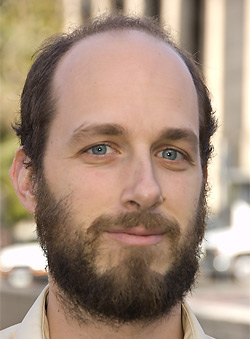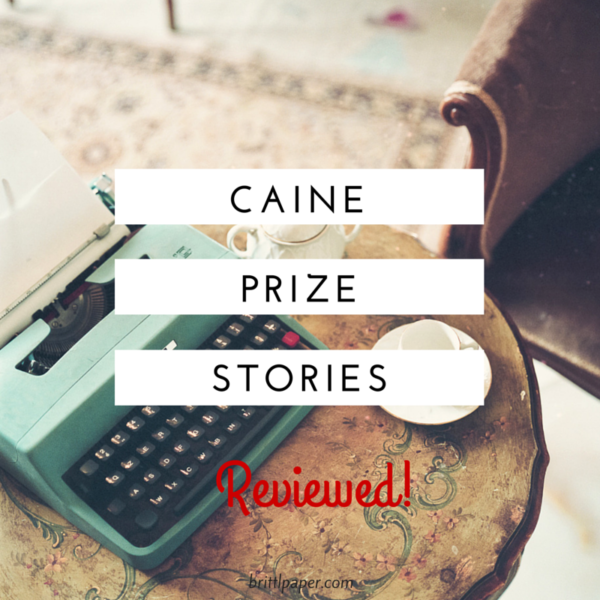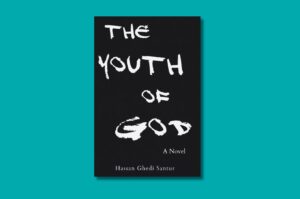I’ve started to get really annoyed by false suspense in novels. I won’t tell you which novel provoked the feeling, because it’s not that particular writer’s fault that so many writers seem to confuse withholding with plot development. But I announce to you now that I have become annoyed with novels that drag you across hundreds of pages only to “reveal” something that the primary characters not only knew from the beginning, but on which all their actions turn out to have depended. Oh, so THAT’S what the novel was apparently all about from the beginning! we apparently declare; How marvelous!
It’s false. It’s manipulative. It’s cheap. It reminds me of how I trick our dog into eating her flea-pill by refusing to let her have it; she hates the taste of it, but the more I withhold it from her, the more she decides that, in fact, she really does want it. But she really doesn’t; those pills taste awful. And unless it’s done for some specific reason or effect—and there are exceptions, rare ones, that earn it—withholding is an amateur trick that gives the appearance of revelation while actually revealing nothing. It’s what writers do when they have nothing to say, but still want to (seem to) say something. It’s what they do when they want to give the reader the feeling that the story has developed when it hasn’t. It’s catharsis that the story doesn’t earn, catharsis for the sake of catharsis, but ultimately empty and vapid.
(Are you now curious what novel it was that provoked my petty annoyance and irritation? If you are, then consider: you are curious because I withheld something crucial to the story I was telling. Withholding is a powerful trick. But if I told you what novel it was I’d wager you’d be disappointed. And if I don’t tell you—and I won’t tell you—you will feel as though I’m abusing my power over the narrative, holding back what you want to know because it makes that withheld thing more valuable. But is it really? Probably not. You can inflate the value of something by withholding it from the marketplace, but if you do, I would sell it quickly; it won’t age well.)
I mention this because Bongani Kona’s “At Your Requiem” doesn’t withhold anything and doesn’t pretend to learn anything. At the beginning of the story, the brother is dead; at the end, the brother remains dead. In seven short pages, we go nowhere, and we don’t really learn anything. Or, rather, while we do learn a few things about why he is dead and what his death means—in a clever conceit, the story literally “rewinds” backwards to tell the story of what came before this point—the truth of a funeral is that it brings no relief, no catharsis, and no healing. All of that comes later. There is nothing you can say about a suicide that makes it anything but that; the brute fact of a dead body is true in a way that no story can alter or modify. There is no story you can tell about a brother’s suicide that makes it anything but that, and it would be false and manipulative to pretend otherwise.
Dead is dead; that’s what makes it dead.
For me, what makes this story compelling is its refusal to give its (eventual) revelations any sense of importance. Compared to the truth of a dead brother—dead forever—what healing is there? What recovery? Though we do learn a few things about the past that the deceased and the story’s narrator shared—about the history of sexual abuse and neglect that stuck them together and also tore them apart—these revelations change precisely nothing about the situation described at the beginning of the story: two brothers predisposed to addiction, one who died of it, one who didn’t. Nothing we learn alters the calculus of the set up. At the beginning of the story, before we know who and what Aunt Julia was to these two boys, the brother is dead; at the end of the story, when we do know about Aunt Julia, the brother is still dead. Rewind all you want: it changes nothing about where the story goes.
It makes sense, then, that this is a story with addiction and recovery in the background: what the serenity prayer teaches is a solid appreciation for what cannot be changed, for what simply is. Addicts will always be addicts: one can learn to live with it or be lucky enough to survive it, but it’s dangerous to believe that it can be controlled or mastered or solved. It just is. It doesn’t matter how you got there, why you took the first step down that road; it doesn’t matter what put you there, all that matters is that you’re there. “Recovery” is a misnomer. That is what those who recover understand.
The same is true with suicide. It ultimately does not matter what made you put the rope around your neck. The body has a truth that goes far beyond any story. There is only living and dead.
This is what this story learns, or what it teaches us: that there is no story to be told about death that makes it something other than death. It’s a story that it can only tell by telling us the story behind the story—by rewinding the video to the beginning of the movie and showing what led up to it—because it can then reveal that this revelation doesn’t matter. The beginning doesn’t change the ending. For the narrator, the surviving brother who tells the story, this is what is true about his brother: that he is dead. To learn why doesn’t change that. And to learn that, in turn, is to learn that nothing does.
Bongani Kona’s “At Your Requiem” may not be a good story, which is what is actually good about it. Parts of the story I like, while other parts felt too familiar to be interesting: recovery, suicide, addiction, and siblings with a shared and painful past are all stories I’ve read many times, the building blocks through which many a workshop story comes to feel important. But at the end of this story, I didn’t feel like this is what Kona was doing, and that’s what makes the question of its “goodness” beside the point. Death is simply not an occasion for “good” stories; death is when that no longer matters.
And so, this is why the story he tells about why turns out to be so unimportant: one brother died and another brother lived. Why? Who knows. Who cares. No story will change what is, and that’s it. There’s nothing left.
***********
Read Kona’s story HERE.
***********
About the Author:
 Aaron Bady is a free-range writer in Oakland and editor at The New Inquiry.
Aaron Bady is a free-range writer in Oakland and editor at The New Inquiry.










Joanne Hichens June 23, 2016 00:01
The problem for me is that the first three long paragraphs are devoted to the writers dislike of 'false suspense' which has very little (in fact, nothing) to do with the story to be reviewed. I'd rather that he build a proper argument than go around in circles...